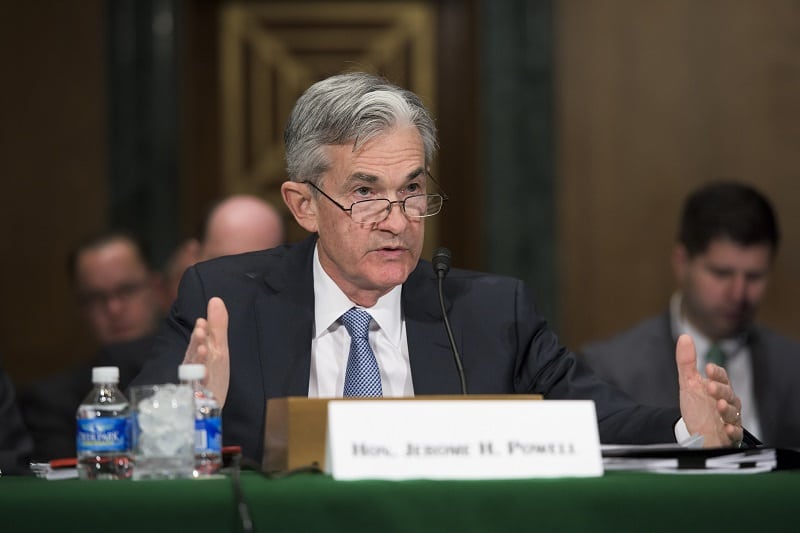After much speculation, US president Donald Trump has named Powell as his pick to chair America’s central bank after current head Yellen ends her first term in February next year. His nomination is subject to Senate approval.
Regarded as the establishment choice, Powell has been on the Fed’s board of governors since 2012 and was expected by most publications to be the frontrunner in the race for Fed chair. Before joining the FOMC, he held a variety of jobs in both the public and private sectors, including working as a Treasury Department official during the George HW Bush administration.
Powell beat out Stanford economist and prolific author John Taylor for the nomination, who was considered to be the more hawkish choice of the two.
Despite Trump’s conventional pick, the dollar was down 0.09% against the pound to £0.765 on Friday morning, after hitting its highest level in over two months (£0.7658) the day before.
Business as usual
While Powell will take the reins at a pivotal time for the central bank – the end of the era of extraordinary accommodation – Ashok Bhatia, senior portfolio manager at Neuberger Berman, said it will be business as usual.
“Despite the change in leadership, we anticipate the Fed will continue to gradually hike the Fed’s benchmark rate, as conditions warrant, while at the same time seeking to unwind the central bank’s bloated balance sheet in a manner that spares the financial markets from turmoil,” said Bhatia.
“While policy continuity is welcomed, we could see market volatility re-emerge as central bank normalisation evolves. Not only has the Fed recently embarked on balance-sheet reduction, but the European Central Bank announced plans to reduce the size of its monthly asset purchases and also extend the duration of its QE program, while the Bank of England raised its benchmark rate for the first time in a decade yesterday.”
The great unknown
Neil Birrell, CIO of Premier Asset Management, noted that while Powell’s background in financial services implies he will be sensitive to markets when it comes to policy decisions, “the unknown factor will be how he leads the committee in difficult times”.
“There is likely to be a slowdown in the economy in the next four years and as interest rates are unlikely to have risen to a level from which they can be significantly cut, he will have a challenge on his hands.”
For the time being, “his appointment looks to be one that promotes continuity and will therefore be pro-cyclical and pro-market,” said Birrell.
Commenting on his nomination, Powell said he was “honoured and humbled by this opportunity to serve our great country” and “will do everything within my power to achieve the goals assigned to the Federal Reserve by the Congress: stable prices and maximum employment”.
“In the years since the global financial crisis ended, our economy has made substantial progress toward full recovery,” he said. “By many measures we are close to full employment, and inflation has gradually moved up toward our target.
“Our financial system is without doubt far stronger and more resilient than it was before the crisis. Our banks have much higher capital and liquidity, are more aware of the risks they run, and are better able to manage those risks.







